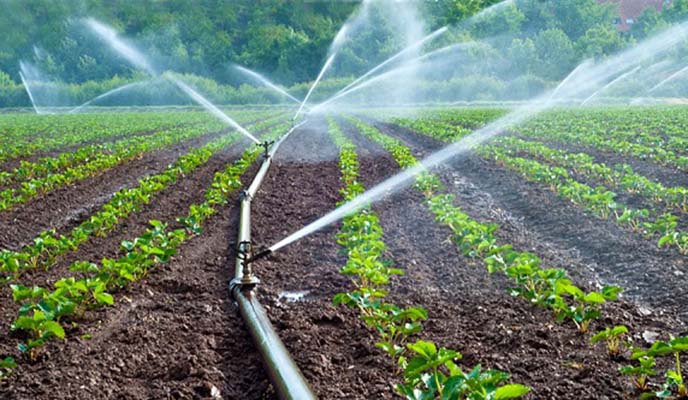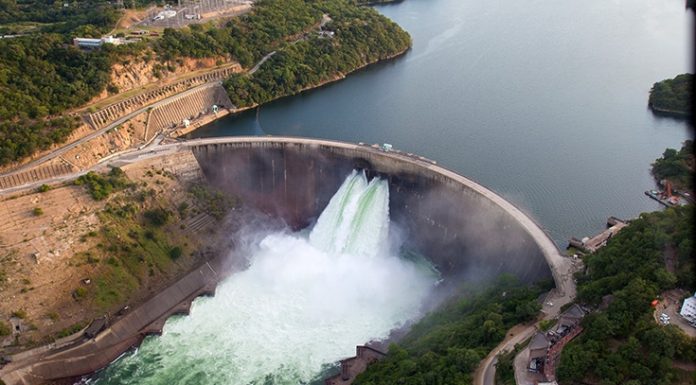Tapiwanashe Mangwiro
HARARE- 2020 economic forecasts were mostly upbeat. Everyone raised the prospect of synchronised growth acceleration after the US-China truce, which temporarily halted the trade war between the two belligerent nations.
The International Energy Agency predicted relative market stability, expecting Brent prices ring to average US$55 a barrel in 2021.
Of course, these forecasts did not factor in the coronavirus pandemic, a health event which within days sucked the air out of the global economy. The intensity of the supply and demand shocks engendered by the virus has been magnified by the location of its epicenter which is China. The country is entangled in innumerable aspects of the international supply chain and accounts for more than a third of global growth. It is the largest trading nation in the world and has been Africa’s largest trading partner since 2009.
Any sharp growth deceleration in China was certain to have an outsize effect on the global economy. As China’s demand for oil plummeted more than 20% at first as a result of the virus supply shock, and then owing to the global demand shock after growth deceleration in major economies that were compelled to cut imports as their own factories closed, the Brent price fell even further, by more than 30%.
The final punch on a volatile commodity market came with the Russia-Saudi Arabia oil price war. The implosion of the alliance between the two countries, the world’s largest oil exporters, caused the oil price to fall as much as 30% in one day, the largest drop in almost three decades. Stocks crashed, with trillions of dollars wiped off global equity markets in a few days. While the Opec+ deal to cut production by 10 million barrels a day brought one battle to an end, many doubted its ability to stabilise prices given the collapse in global demand and were proved correct.
The effects on the real sector of the economy are likely to have wide ranging macroeconomic consequences for commodity dependent, oil exporting countries. In African nations where oil exports still account for the lion’s share of foreign exchange earnings and fiscal revenues, the current oil price is significantly below the break-even level required to meet their budgets without drawing down reserves or adopting painful austerity measures exactly at a time when counter-cyclical fiscal expansion is needed to put countries on the path to recovery.
One case in point is Nigeria, Africa’s largest oil producer, where earlier this year parliament passed a budget based on a benchmark crude price of $57 a barrel.
The currencies of Africa’s oil-exporting countries are highly correlated with world oil market dynamics. This means the sudden plunge in oil prices could worsen volatility in currency markets and erode the weakening reserve base, especially where central banks adopt measures to uphold their currency’s value. The inherent liquidity constraints could affect businesses and undermine growth in these nations, given that they rely heavily on imports for many manufactured and capital goods for domestic production.
The economic fallout from the oil price war is reminiscent of the end of the commodity super cycle in the second half of 2014. The latest crash could lead to similar results for the most vulnerable countries in the short term, though its economic and social costs could be worsened by the global demand shock triggered by the downturn caused by the virus. The pandemic has idled factories and opened a new era of economic problems, with devastating consequences for trade and the tourism industry.
However, as with previous commodity terms of trade shocks, Africa’s leading oil exporting countries will bounce back. In a sign of improved resilience, Nigeria emerged in the third quarter of 2016 from its first recession in 25 years and has since followed a positive growth trajectory with expanding aggregate output.
Some countries are drawing on excess oil revenues during favourable cycles to build rainy-day reserves. Others have pursued policies that support economic diversification and grow high value-added industries within their commodity-based industrialisation model.
Every crisis, though tragic, presents opportunities. The combination of the coronavirus downturn and oil price war has underscored the perennial risk of commodity dependency. It has also accentuated the need to expand industrial and manufacturing capabilities in Africa.
Many countries on the continent are reliant on overseas imports for essential goods, including staple foods, while intraregional trade remains largely fragmentary.
As the coronavirus circles the world, African leaders face a dire challenge. Closing their borders might shield their countries against the unchecked spread of the virus, but risks starving their populations and curtailing access to critical medical equipment that is in short supply in the region.
Targeting industrialisation to address supply-side constraints in the post-coronavirus era will not only mitigate countries’ exposure to commodity price volatility, it will also produce the goods needed to boost intra-African trade and ensure effective implementation of the African Continental Free Trade Area when trading under the agreement begins in July. Its implementation presents the perfect occasion for countries to focus on the opportunity side of the current crisis to be better prepared for the next one.












